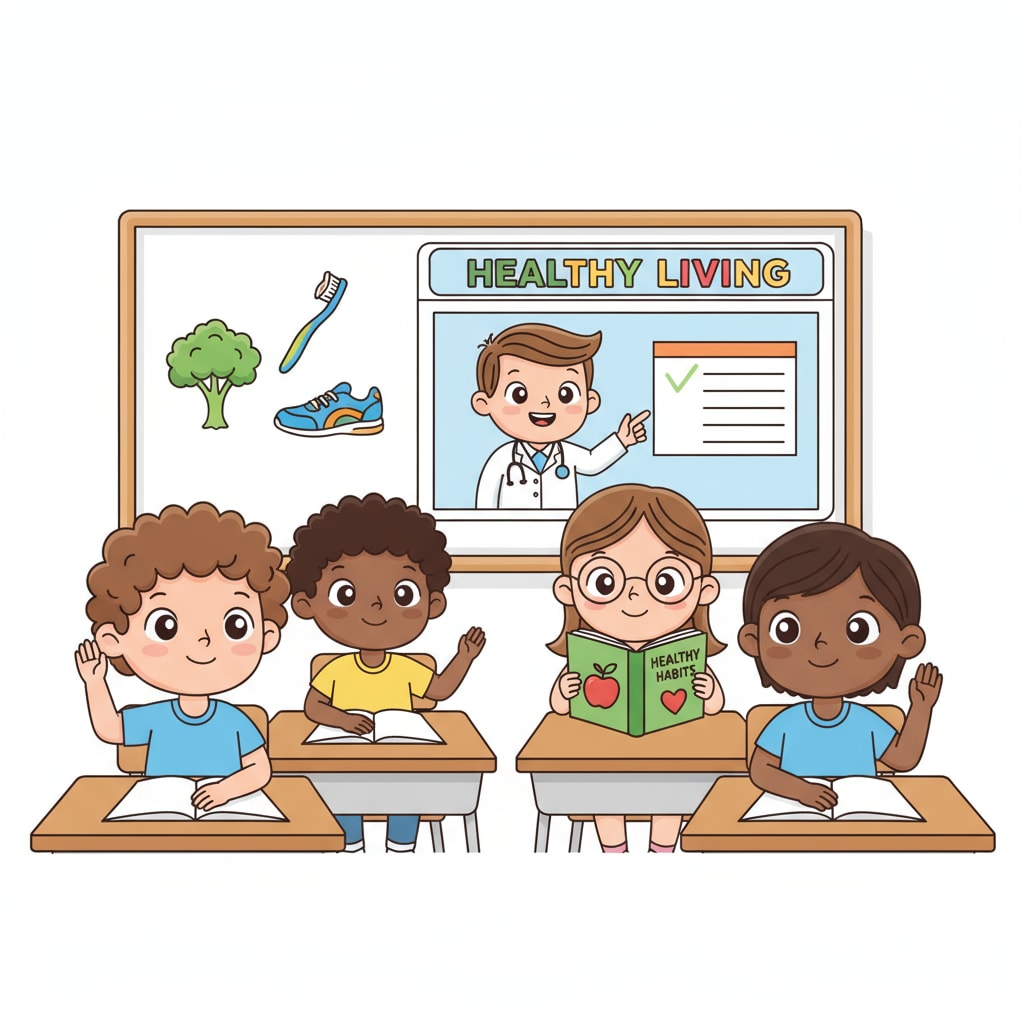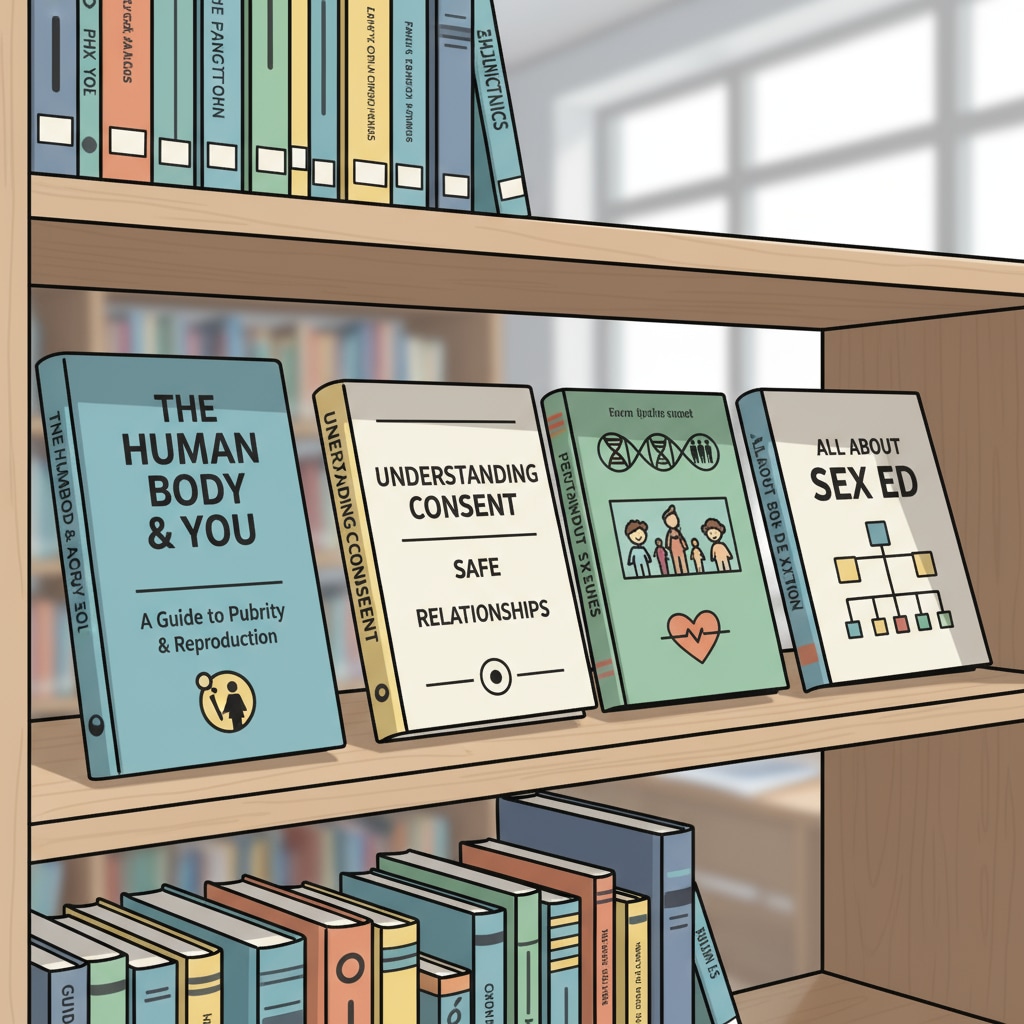Sex education, school education, and adolescent health are intricately linked aspects of a young person’s development. In the K12 school system, however, a concerning phenomenon persists – the widespread lack of comprehensive sex education. This omission has far-reaching implications for the well-being of adolescents.

The Omission of Sex Education in Schools
Many K12 schools tend to avoid providing comprehensive sex education. This “protective avoidance,” as some might call it, is often rooted in various concerns, such as cultural sensitivities and parental objections. However, this approach overlooks the fundamental needs of students. According to the CDC’s research on youth sexual health, informed adolescents are better equipped to make healthy decisions regarding their bodies. Without proper sex education, students are left in the dark, potentially making uninformed choices that could harm their health.

The Educational Paradox
From an educational perspective, this avoidance is a paradox. Education is supposed to empower students with knowledge, yet in the case of sex education, schools are withholding crucial information. Sex education is not just about the biological aspects; it also encompasses emotional, social, and ethical dimensions. As stated by UNICEF’s guidelines on sexual and reproductive health education, a comprehensive approach helps students develop a healthy attitude towards relationships and their own bodies. By avoiding it, schools are failing to fulfill their educational responsibilities.
Furthermore, the lack of sex education can lead to serious health risks among adolescents. Without proper knowledge about contraception and sexually transmitted diseases, they are more likely to engage in risky sexual behaviors. This can result in unplanned pregnancies and the spread of infections, both of which have long-term impacts on their physical and mental health.
Readability guidance: The key points here are the omission of sex education in schools due to various reasons and the resulting educational paradox. Each aspect shows how this lack affects adolescent health. We use short paragraphs to clearly present these ideas, and include权威 external links to support our arguments. Transition words like “however” and “furthermore” help connect different thoughts.


